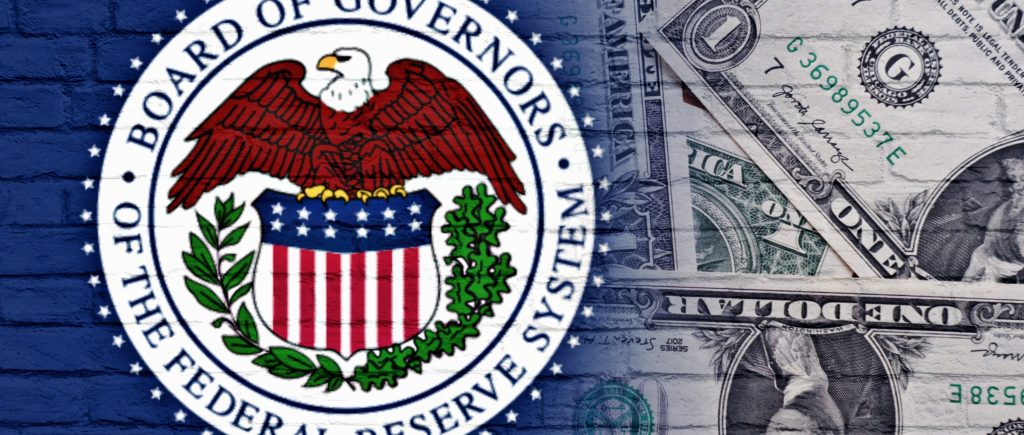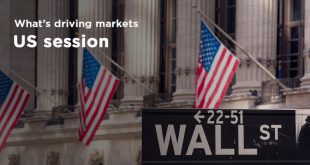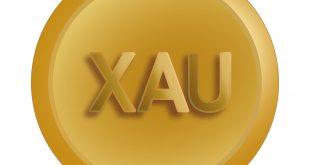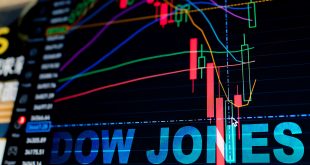The President of the Federal Reserve Bank of Chicago, Austan Goolsbee, expressed a cautious outlook on Monday, May 12, 2025, regarding the unpredictable trade policies emanating from the Trump administration, as detailed in his interview with the New York Times. Goolsbee highlighted how the frequent shifts in tariffs and trade strategies have disrupted hiring and investment plans across multiple sectors, leaving the Federal Reserve in a holding pattern as it weighs its next moves on interest rates. This uncertainty, he argued, is casting a shadow over economic stability, prompting a wait-and-see approach amid evolving global trade dynamics.
Goolsbee offered a nuanced take on the recent US-China tariff reduction, describing it as a less severe stagflation risk compared to the previous trajectory, yet still a significant burden. The adjusted tariffs, now three to five times higher than pre-existing levels, are expected to slow economic growth while pushing prices upward, creating a stagflationary effect. He emphasized that this approach comes at a cost to the economy, with the temporary nature of the 90-day tariff suspension adding to the complexity, as businesses grapple with the implications of an unstable trade environment.
Business sentiment, according to Goolsbee, reflects deep reservations, with companies hesitant to commit to major hiring or investment decisions due to the looming possibility that trade agreements and tariff pauses might expire or shift again soon. Many firms are explicitly delaying significant plans, acknowledging the provisional nature of the current deal, which is slated for review in the near future. This hesitation underscores a broader caution, with Goolsbee suggesting that clearer trade policies could pave the way for rate cuts, though the threshold for such action remains elevated given the persistent uncertainty.
The Fed’s cautious stance hinges on resolving this trade fog, as Goolsbee indicated that a more predictable environment would justify lowering interest rates to stimulate growth. However, with the economic landscape clouded by tariff volatility and its ripple effects on inflation and employment, the central bank is compelled to maintain a high bar for policy shifts. As markets digest these insights, the interplay between trade policy clarity and monetary strategy will be critical in shaping the US economic outlook in the weeks ahead.

 Noor Trends News, Technical Analysis, Educational Tools and Recommendations
Noor Trends News, Technical Analysis, Educational Tools and Recommendations




